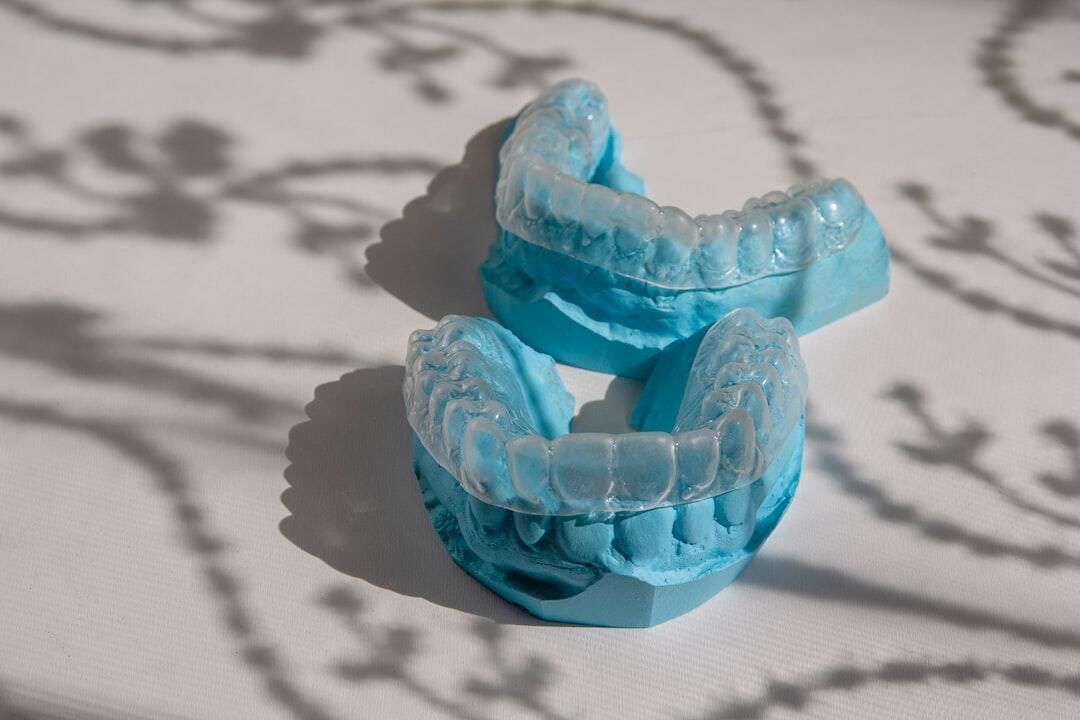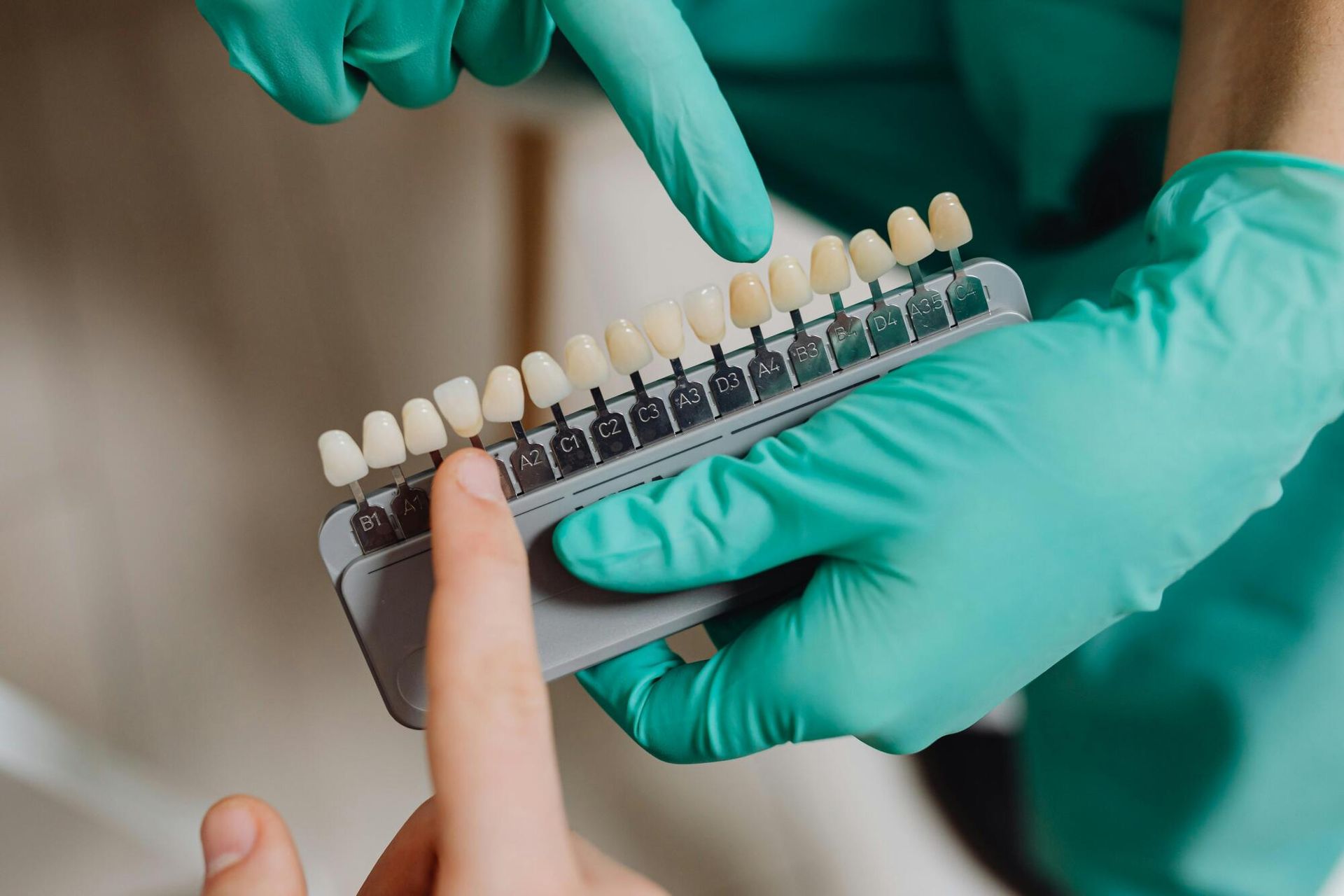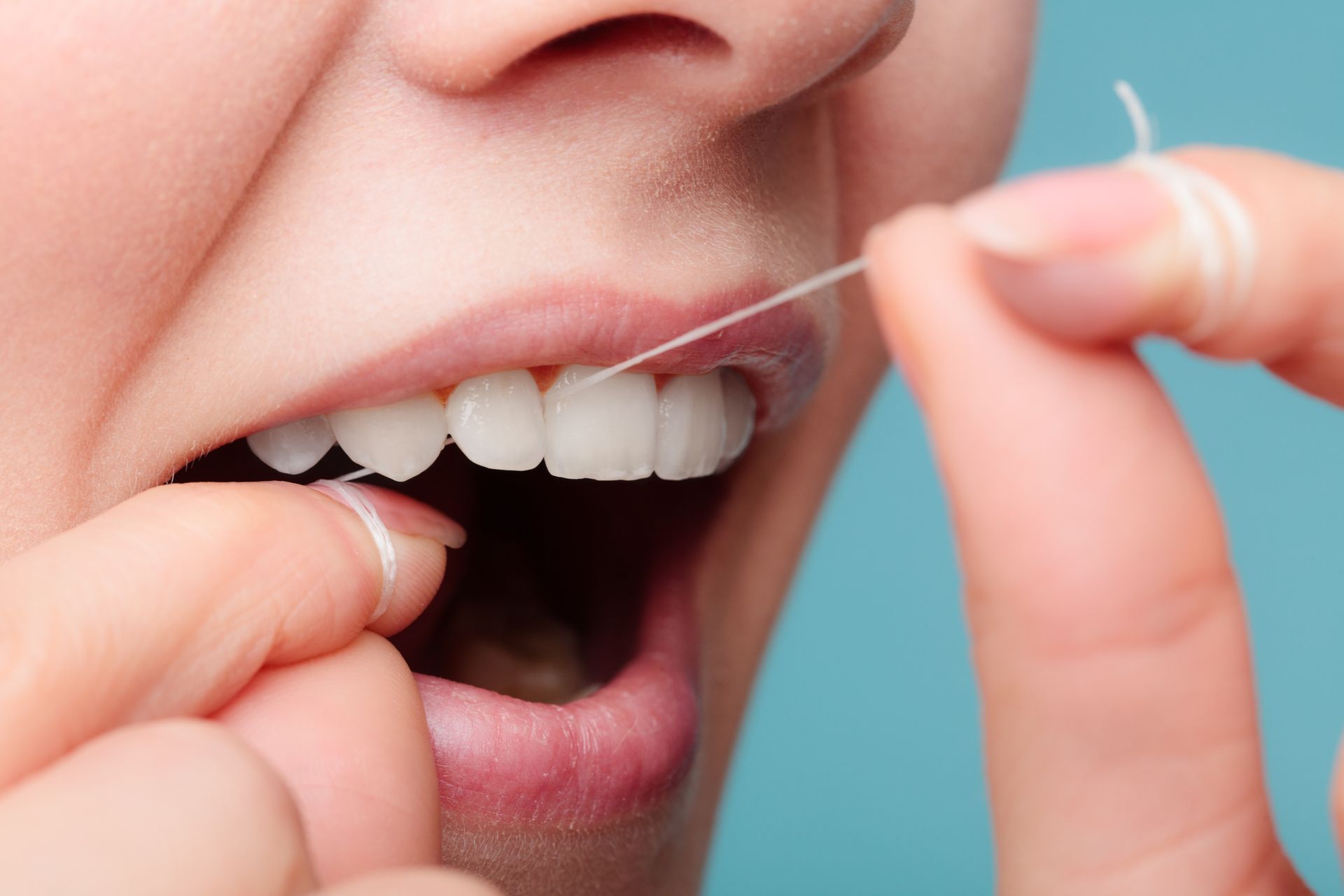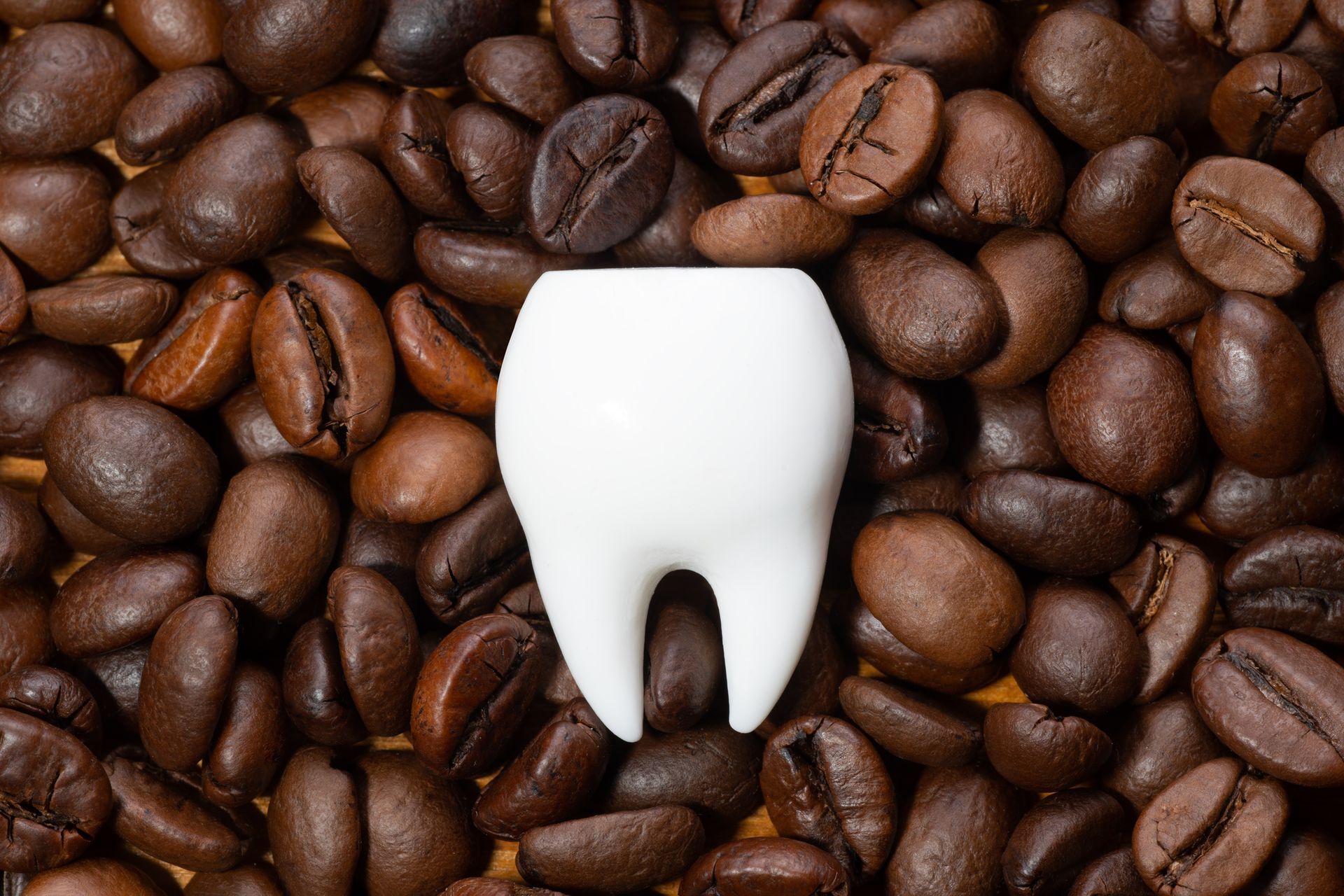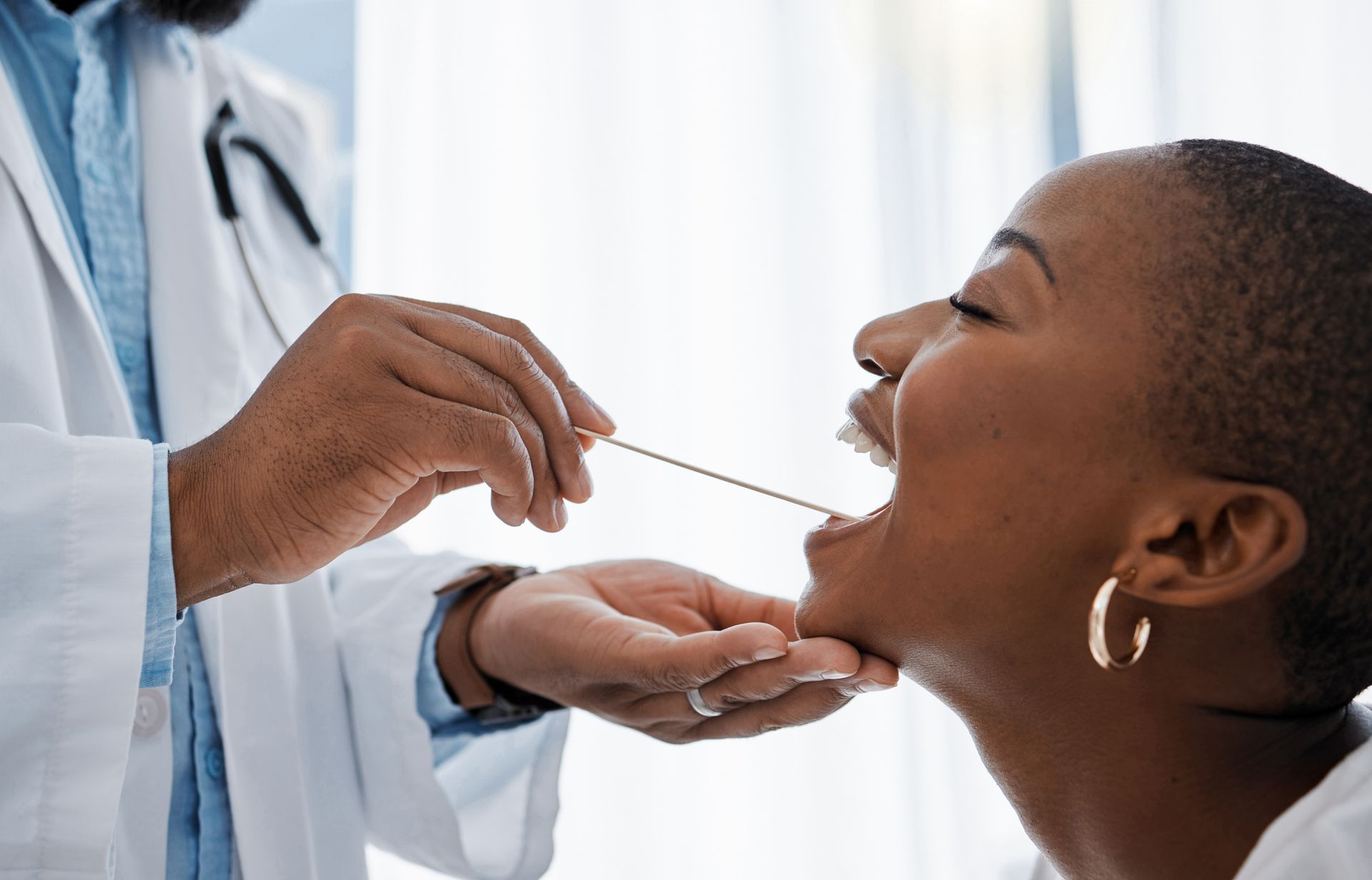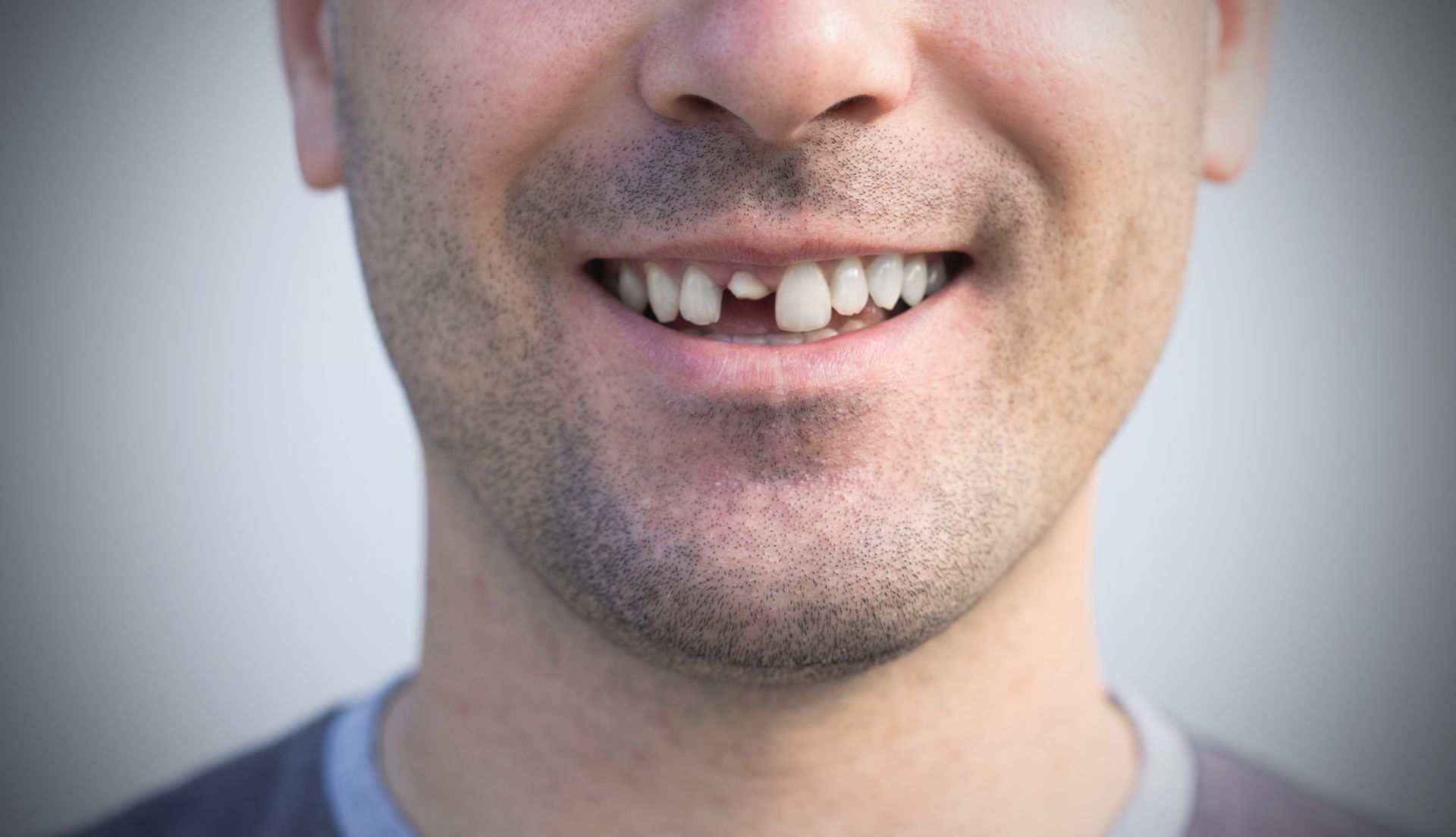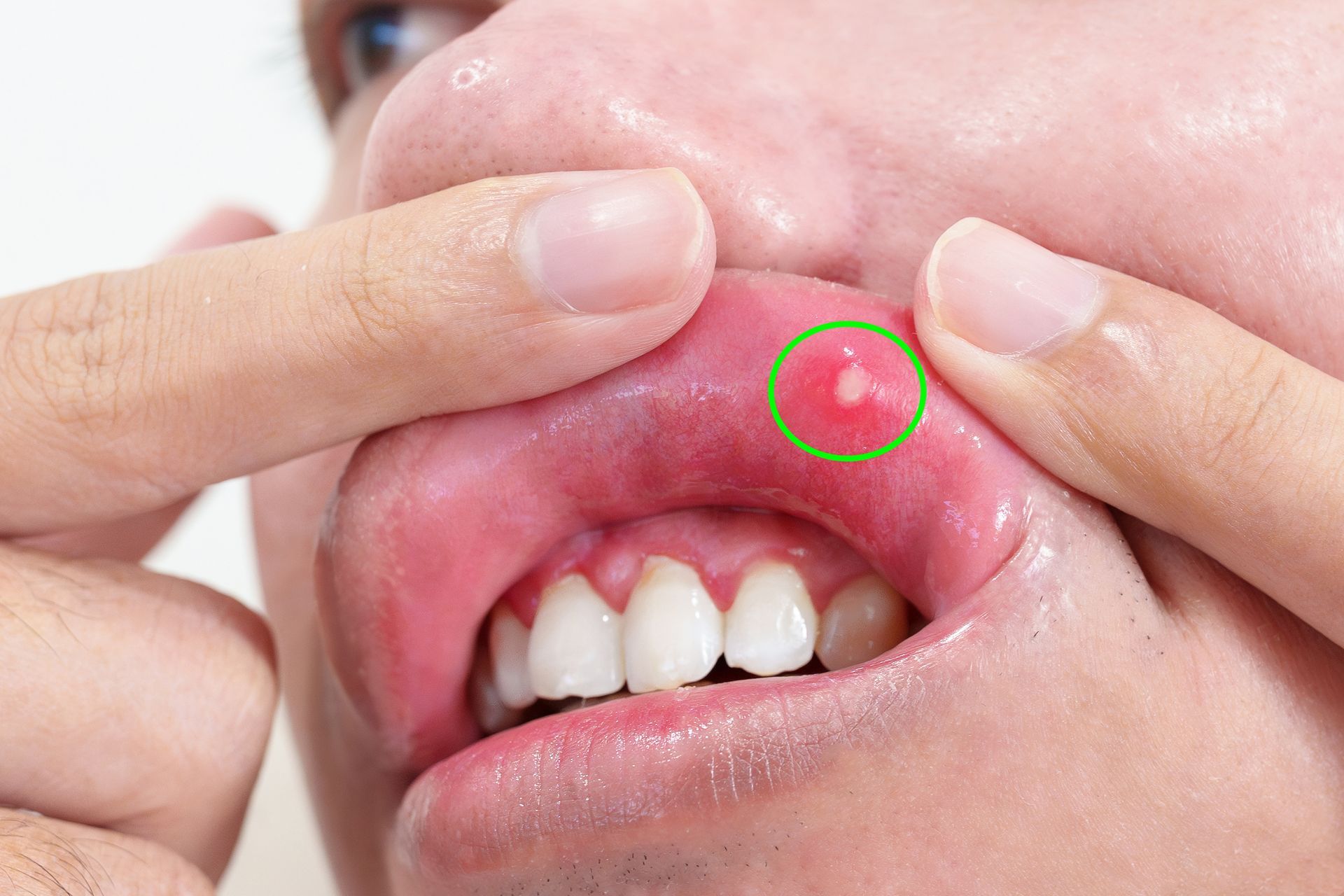When Should You Get Dental Work While Pregnant?
Are you expecting? Congratulations! Over the coming months you will experience a great number of changes in your life, but please don’t lose sight of your oral health.
Here’s a look at what you’ll need to know about your oral health and dental work during pregnancy.

Potential Dental Problems During Pregnancy
During pregnancy, you will experience surges in hormones, especially estrogen and progesterone. The increased levels of these hormones can amplify the way in which your gums react to plaque.
Plaque buildup is normally detrimental when it isn’t removed. When you’re pregnant, this buildup can be particularly problematic and may lead to a condition coined “pregnancy gingivitis.” This is when excess plaque leads to red, tender, swollen and bleeding gums. If left untreated, gingivitis can result in periodontitis, a serious form of gum disease where jawbone and other supporting structures for your teeth are lost.
Pregnant women are also susceptible to developing pregnancy tumors (granulomas) – non-cancerous gingival growths that appear when swollen gums become irritated. Typically, the tumors do not require treatment and will subside after the baby is born. However, if the tumor becomes too large, it can be uncomfortable and can make chewing and caring for teeth (brushing, flossing, etc.) difficult. If this occurs, we may suggest removing the growth surgically.
How to Avoid Oral Health Problems During Pregnancy
Fortunately, these oral health conditions can be prevented if you practice proper oral hygiene throughout your pregnancy. During pregnancy, women tend to snack more often yet leave their oral hygiene habits the same. Our best advice is to add an additional time to floss and brush daily to compensate for the additional snacking. Floss, then brush at least twice a day with a toothpaste containing fluoride.
Flossing should be a part of your routine as often as you brush, otherwise you are only cleaning three of the five sides of the teeth in your mouth. Brushing will clean the tongue side, cheek side and the top of your teeth but only floss will adequately remove food particles and plaque along the front and back surfaces of your teeth. A Waterpik Water Flosser is also very helpful, but we do not recommend it as a complete substitute for flossing with string floss.
Morning Sickness, Nausea and Your Dental Health
If brushing leads to nausea or if morning sickness is chronic, taking care to avoid loss of tooth enamel is recommended. Rinse your mouth right away after vomiting with 1 teaspoon of baking soda mixed with 8 ounces of water to retard enamel erosion. Follow this rinse by scraping or brushing your tongue, then rinse again to help remove acids retained on the surface of the tongue.
When brushing your tongue, push your tongue as far forward as you can and brush no further back than the corners of your mouth to prevent gagging. Rinse with water only if there is no baking soda available.
Do not brush your teeth after vomiting for at least one hour. Brushing after vomiting will cause the stomach acids present to accelerate the loss of tooth enamel.
Steps to Protect Your Tooth Enamel
Using a very soft toothbrush will help limit the loss of enamel. The GUM 516 Technique Sensitive Care Toothbrush (full or compact) and Oral-B Advantage Sensitive 40 Extra Soft Toothbrush are two good soft toothbrushes and both are available on Amazon.com.
Any properly formulated fluoride toothpaste will make enamel more resistant to acids in your diet. Major brands of toothpaste, such as Crest, Sensodyne and Colgate are more likely to be properly designed, because of the significant amount of research that goes into proper formulation of their products.
Drinking water throughout the day is also a good way to lower the level of acid in your mouth as well as limiting your intake of acidic beverages, including carbonated beverages and acidic fruit juices, such as lemon juice and grapefruit juice. Cherries and oranges are also fairly high in acidity.
Maintain a healthy diet as well. Please seek guidance from your medical doctor regarding this. Note, foods which offer plenty of calcium, vitamin B12 and C will keep your teeth and gums healthy and strong.
Of course, don’t forget your routine dental cleaning while you are pregnant (during the suggested time below). A professional, thorough cleaning will control plaque and keep gingivitis at bay. Keeping plaque under control will also minimize gum irritation and decrease the chances of developing pregnancy tumors (granulomas).
When to See the Dentist While Pregnant
Dental emergencies (e.g. uncontrolled pain or bleeding, oral/facial swelling and fractured teeth) will be addressed during any stage of pregnancy, but the safest time to receive scheduled dental treatment (cleaning, exams, etc.) is during the second trimester (13-27 weeks.)
Waiting until the second trimester reduces the risks of interfering in the development of your baby’s vital organs during the first trimester and enduring uncomfortable pressure on your abdomen while reclined, as well as any undue stress which may lead to premature birth during the third trimester (weeks 28 – birth).
Here are our recommendations to ensure treatment at the safest time for you and your baby:
First Trimester (Weeks 1 – 12)
We do not recommend cleaning or periodontal treatment at this time, except in cases of a dental emergency, such as severe pain, bleeding oral/facial swelling or fractured teeth.
Second Trimester (Weeks 13 – 27)
This is the safest time for periodontal therapy (teeth cleaning) to reduce the amount of harmful bacteria in your body that may lead to gingivitis and other conditions. Emergency treatment and Urgent care (treatment to prevent dental emergencies) are also best performed in the second trimester.
Third Trimester (Weeks 28 – birth)
We do not recommend cleaning or periodontal treatment at this time, however in some cases we may recommend periodontal therapy until week 32 of pregnancy. As throughout pregnancy, dental emergency treatment for conditions such as severe pain, bleeding oral/facial swelling or fractured teeth will be provided.
If you are pregnant, or believe you might be pregnant, let us know so we can ensure you receive proper care.
